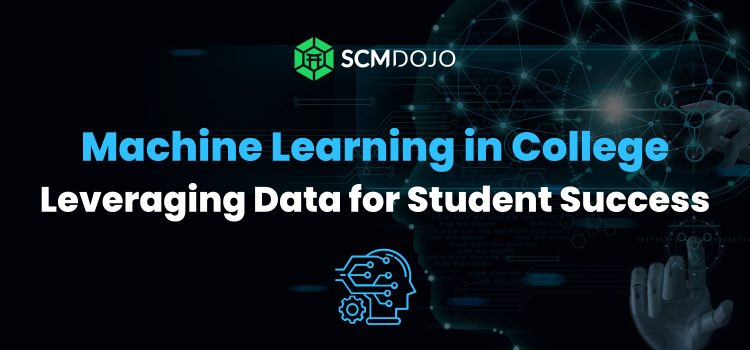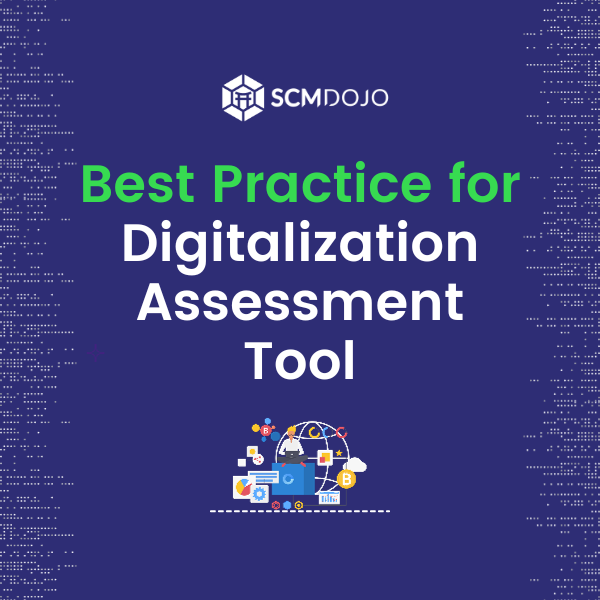Thanks to advances in technology, the area of education is changing in the digital age we live in now. Machine learning is one innovation that could change the college experience in a big way. Machine learning is a part of artificial intelligence that uses algorithms to study and make sense of data. This lets computers make decisions and guesses based on accurate information. Colleges and universities can help students do better in many ways by using data and machine learning. This piece talks about how machine learning can be used in college and how it can help students do well in school.
How Artificial Intelligence Learns
Machine learning systems find patterns and trends in big data sets to do their jobs. These programs learn from the data they see and keep tweaking their models to get better at what they do and make more accurate predictions. Machine learning is a strong tool for studying complicated data and getting useful insights because it can learn from data.
Applications of Machine Learning in College
Systems for helping students who are at risk early on. Making early response tools is one of the most important ways that machine learning is used in college. Machine learning systems can find students who might be at risk of falling behind or pulling out by looking at things like attendance, grades, and how involved they are in class.
These systems send warnings to teachers at the right time, so they can help kids who are having trouble right away. By using data and prediction analytics, colleges can deal with problems before they get worse, which increases the number of students who stay in school and their total success.
Many students encounter challenges when it comes to achieving academic success, especially when faced with complex tasks such as research papers. These assignments can be truly daunting and require a high level of skill and expertise. If you find yourself feeling uncertain or overwhelmed by such tasks, we highly recommend reaching out to AssignmentBro. With their extensive experience in handling research projects, AssignmentBro can provide the necessary guidance and support to ensure your success. By entrusting your research papers to AssignmentBr, you can benefit from their expertise and increase your chances of achieving the desired academic outcomes. You can find them using the phrase complete my assignment in a simple Google search.Don’t let the difficulty of research papers hinder your success—seek assistance from Edubirdie and unlock your full potential.
Learning Paths Tailored to You
Every student is different in terms of their skills, flaws, and how they learn. Machine learning can help schools make learning plans for each student that are tailored to their needs. Machine learning systems can find the best learning tools, tasks, and study plans for each student by looking at their performance, tastes, and progress. This method to teaching makes students more interested and helps them understand the subject better.
Intelligent Tutoring Systems
Imagine having a virtual teacher who was available 24 hours a day, 7 days a week to help with hard ideas and give specific comments. This is made possible by clever teaching systems that are part of machine learning. These systems mimic human teachers by using natural language processing and machine learning techniques to make lessons fit the needs of each student. Intelligent teaching systems can adjust to the student’s speed, find their weak spots, and give them specific help. This makes learning more effective and efficient.
Plans and suggestions for courses
For a student to do well in school, picking the right classes is very important. Algorithms that use machine learning can look at a student’s academic background, hobbies, and job goals to make unique suggestions for classes. By using data on how students did in the past and what happened to them, these programs can suggest classes that match the student’s skills and goals. Machine learning can also help with course planning by pointing out possible schedule issues and making suggestions for what to do instead.
Graduation Rates Based on Predictive Analytics
Graduation rates are a good way to measure how well a college helps students do well in school. Machine learning can help predict graduate rates by looking at things like how many students finish each course, how many credit hours they take, and how old the students are. With these predictive analytics models, schools can figure out what might stop students from graduating and take steps to fix the problem. By using data-driven observations, schools can help students and raise the number of students who graduate.
Safety and security on campus
Colleges and universities put a lot of effort into making sure that students are safe and sound. Machine learning can help keep campuses safe by looking at data from video cams, access control systems, and other sources to find outliers and possible threats. Colleges can improve their security and react quickly to possible threats by using machine learning techniques for video analytics and pattern recognition.
Frequently Asked Questions (FAQs)
How can machine learning help college students do better in school?
Machine learning can help college students do better by helping at-risk students get help early, making personalized learning paths, giving clever teaching systems, suggesting good classes, predicting graduation rates, and making campuses safer and more secure.
Does machine learning in college raise any ethical questions?
There are many good things about machine learning, but there are also social issues that need to be handled. There are privacy concerns, data bias, and the risk of relying too much on computers. When colleges use machine learning technologies, they need to put in place the right safety measures and ethics rules.
Can machine learning help schools figure out which kids are having trouble?
Yes, machine learning programs can look at different kinds of data, like attendance, grades, and how much students are involved in class, to find students who might have trouble in school. Early intervention tools that use machine learning can warn teachers so they can help and intervene as soon as possible.
How does machine learning help kids make their own learning paths?
Machine learning systems look at data about how well a student is doing, what they like, and how far they’ve come to come up with personalized learning tools, tasks, and study plans. This personalized method gets students more involved and meets their specific needs.
Can machine learning tell how many people will graduate?
Machine learning systems can look at things like how many students finish each course, how many credit hours they take, and how old the students are to predict how many of them will graduate. Colleges can improve the number of students who graduate by making changes based on what they learn from data.
How does machine learning affect safety on campus?
Machine learning can help keep campuses safe by looking at data from video cams, access control systems, and other sources to find outliers and possible threats. Colleges can improve their security by using tools for machine learning to analyze video and spot patterns.
Machine learning has a lot of promise to change the way college students learn and help them do well in school. From early intervention systems to personalized learning paths and smart teaching systems, machine learning has a wide range of uses that can help students stay interested, stay in school, and graduate. Also, machine learning can make campuses safer and more secure, making them better places to learn. But it’s important to think about ethics and put in place measures to reduce possible risks. By using machine learning to analyze data, schools can open up new ways for students to do well and change the future of education.





